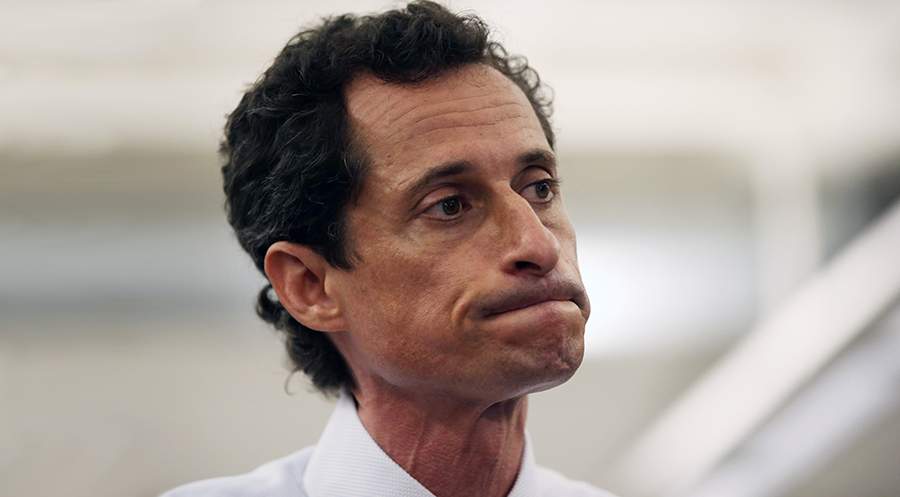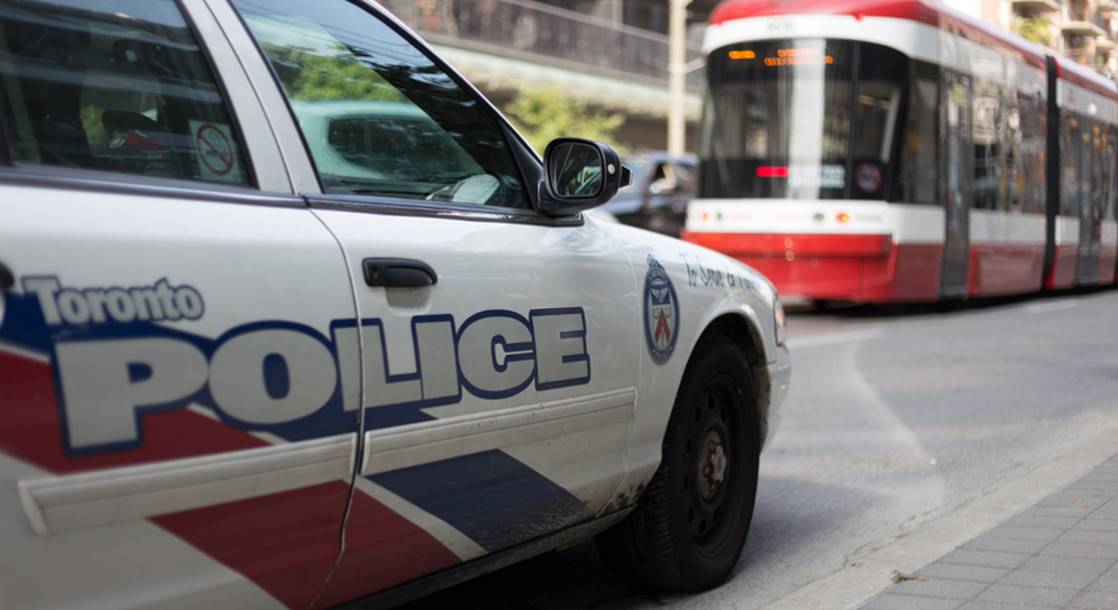A shortage of licensed truck drivers is contributing to the current supply chain crisis and driving the cost of consumer goods even higher. And according to Chris Harvey, head of equity strategy at Wells Fargo Securities, federal cannabis testing laws are largely to blame.
Harvey brought up these concerns in a recent conference call with investors. “Logistics, transportation costs, trucker costs [are] all going higher and that’s going to continue to occur,” he said, according to CNBC’s Carl Quintanilla. “And the reason being is very simple… It’s really about drug testing. We’ve legalized marijuana in some states but, obviously, not all but some. And what you have as a trucker is you have a federal mandate for drug testing.”
In 2020, the federal government launched the Drug & Alcohol Clearinghouse, a registry that records the names of any licensed truck driver that fails a random employment drug check. Companies are required to report the names of any trucker that tests positive for drugs and must also consult the list before hiring any new drivers. If a driver has failed a drug test, it is now exceptionally difficult for them to get hired again.
Between January 2020 and November 2021, over 72,000 truckers lost their jobs after failing drug tests. About a third of these truckers tested positive for meth, cocaine, or other stimulants, but the majority of failed tests (56 percent) were for cannabis. THC tests can only reveal if a driver has gotten high at some point within the past month or so, though, unlike tests for meth, alcohol or any other drug. Because of this limitation, these tests cannot effectively establish whether or not a trucker is actually stoned while driving.
This data indicates that tens of thousands of truckers may be losing their jobs every year for choosing to get high during their time off. The federal government also fails to acknowledge state-legal medical marijuana laws, so employees who are legally using medicinal pot in their home states can also lose their jobs permanently. And with the new federal drug clearinghouse in effect, these drivers can be barred from working again.
In the conference call, Harvey cautioned that permanently banning truckers who have smoked weed even once is “excluding a significant portion of that trucker industry… And so, it’s going to make a very tight market even worse,” Quintanilla reports. Last year, the American Trucking Association estimated that the trucking industry was facing a shortfall of 80,000 drivers – up from 50,700 in 2017.
Federal THC testing requirements hold true even for companies that otherwise choose to abandon outdated drug testing policies. Amazon, for example, stopped testing most of its employees for weed last year, but the company is still required to continue randomly testing every federally-licensed driver for THC.
Many states and cities have blocked companies from testing employees or job applicants for weed, but federal drug testing laws take precedence for jobs requiring commercial drivers’ licenses. To resolve the issue, Congress would need to revise these outdated THC testing laws – or even better, legalize cannabis entirely.











